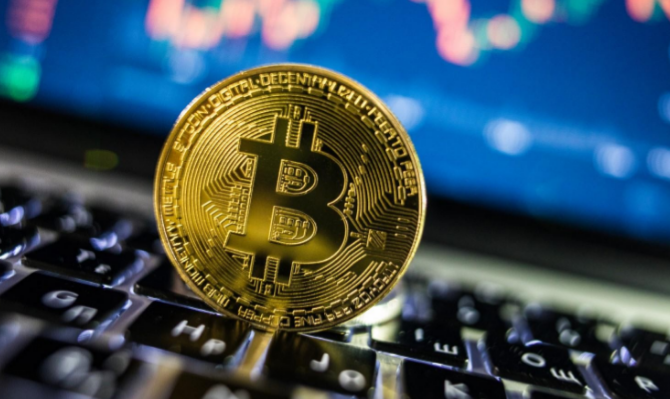In 2008, a digital currency popularly known as bitcoin or cryptocurrency was created by a group of unknown people under the name of Satoshi Nakamoto. Bitcoin is a digital currency, meaning that all operations are done without any single administrator or central bank. Bitcoin can be sent from one user to another via a peer-to-peer network without the involvement of any intermediaries. All the bitcoin transactions are verified by network nodes via cryptography which is stored in blockchain which is a public distributed ledger.
Bitcoin is the most praised as well as most criticized digital currency because of its illegal uses, for instance, excessive consumption of electricity by miners, price volatility, bitcoin scams, or robberies from stock exchanges.
Several Nobel laureates have considered bitcoin as a hypothetical fizz. The bitcoin currency has also been used as an investment, while numerous regulatory agencies have already issued alerts about scams in bitcoin investments.

As we know that digital currency is a complicated thing to deal with, it is puzzling, difficult to understand for new users, and above all, due to its recent invention, it is not tightly regulated. There is a lot of work required in the regulation and legislation of digital currencies like bitcoin. All of these aspects of bitcoin makes it a perfect and easy target for scammers.
Here is a list of three most common Bitcoin scams to keep an eye for in 2020.
Phishing
Many of us are already familiar with the term “phishing” it is the first and most common scam on our list. Phishing is used widely to target bank customers. This scam ensues when the target receives unsolicited emails that are the exact copy of the customer’s bank email. In this bitcoin scam, such emails seem to be from the user’s crypto wallet provider or bitcoin exchange.
The phishing email contains a link that renders the targeted person on the website that is identical to the bitcoin wallet of user or exchange of the bitcoin user that a targeted person uses frequently, but in actual, this is a scam site.
Once a person enters his/her sensitive information and personal details on this unofficial page, the scammers got these details and finally, they get access to the bitcoin wallet account of the targeted person.
How to Avoid Phishing Scams?
With little vigilance, one can be safe from such phishing emails scams. When received such emails, one should double-check the URLs, to ensure that you are rendering to the original website. Always avoid clicking on suspicious email links and Never disclose your private wallet or private exchange key to any source.
Bitcoin Blackmail Scams
In this type of bitcoin scam, the scammers pretend to be hackers with any kind of convicting evidence about the targeted person. They may say that they have some incriminating evidence against you, or they are hackers and they have your embarrassing webcam videos, etc.
Such scams blackmail the targeted person that they will public this evidence or they may share these inappropriate details with their all social contacts etc. unless the victim sends them some bitcoin cryptocurrency. They also instruct the victim how to purchase and where to send these bitcoins.
How to Avoid Bitcoin Blackmail Scams?
First of all, “Do not believe the scammers”. Do some online research that anyone other than you get such emails. Use VPNs to browse privately to get more peace of mind.
Malware
The most powerful weapon in the online scamming world is Malware. Thanks to the complex and extremely technical nature of bitcoin, many people did not understand much about it. Cryptocurrency malware is a bigger threat. Such malware is designed to get access to the targeted wallet web. This malware drains all the important information from the victim’s computer and replaces all this info with a scam address or they can infect the computer with the bitcoin cryptocurrency miner.
How to Avoid Cryptocurrency Malware Scams?
To protect oneself from malware it is best practice to update your system time with authentic antivirus software. Never install and download aftermarket software and programs. Do not open suspicious links, attachments, and URLs.
Final Thoughts
This is the digital era, and everything is going digital even currency is going digitalized. But with this development, ways of scamming are also advancing. Bitcoin is a digital currency. Bitcoin currency transactions are irretrievable that is once you execute any transaction via cryptocurrency or bitcoin to a third party, it cannot be reversed. Such transactions cannot cease to stop the payment.
Always remember that when to send bitcoin cryptocurrency to an address of blockchain, there must be confident legitimacy to be involved between third party services and third party merchants. Always send bitcoin cryptocurrency via authorized and legally trusted entities.
Disclaimer: This content does not necessarily represent the views of IWB.